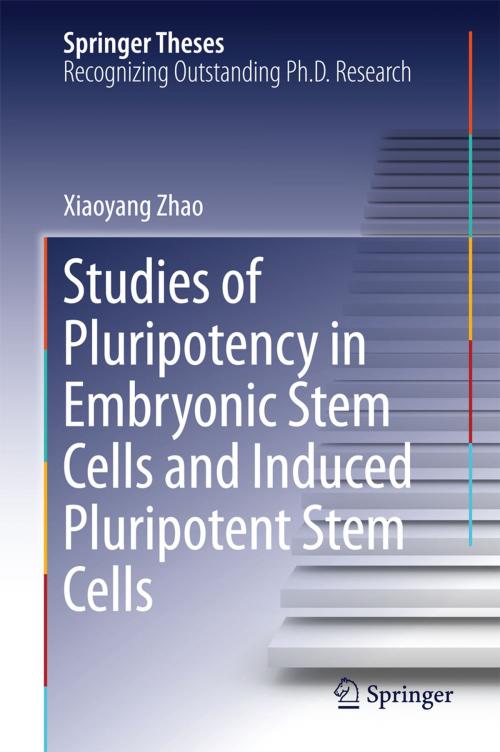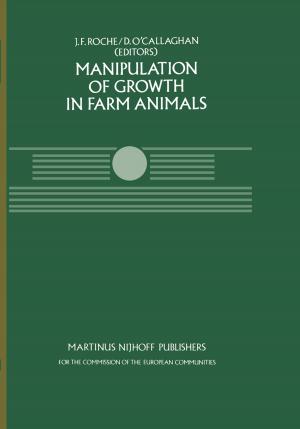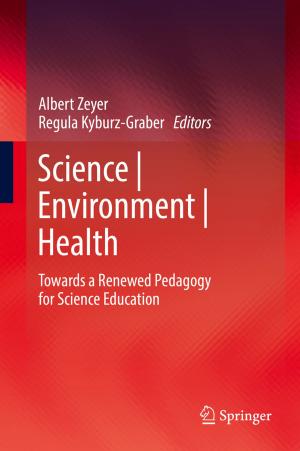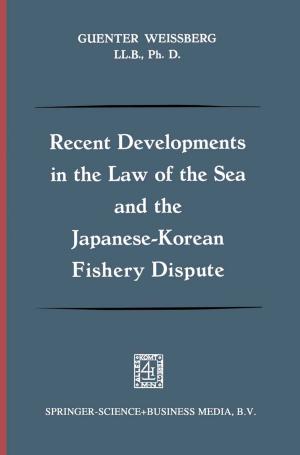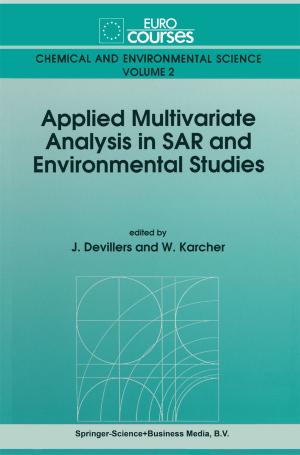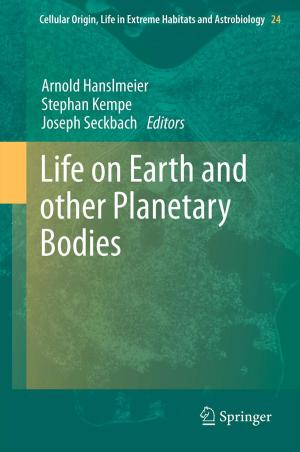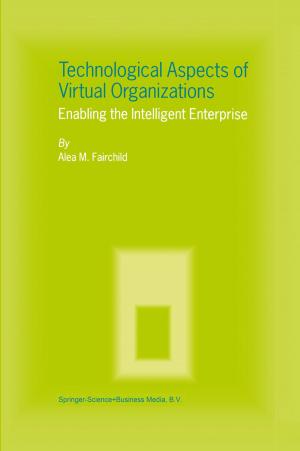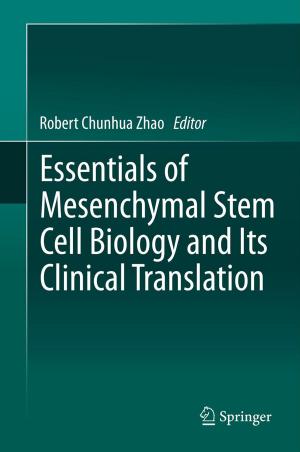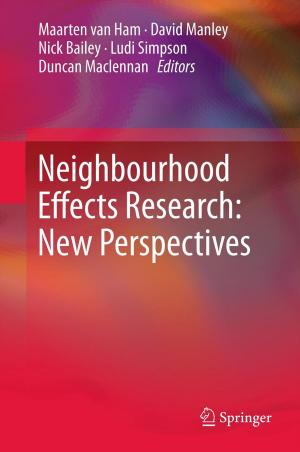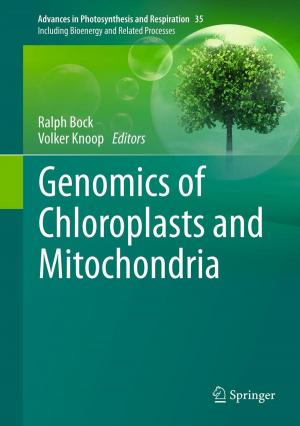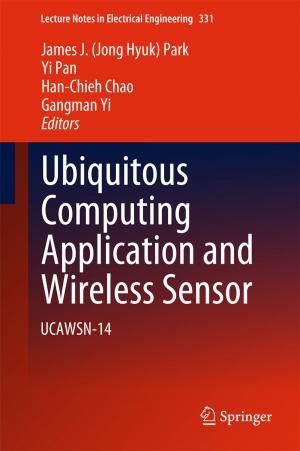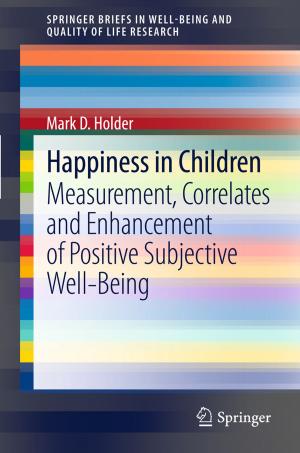Studies of Pluripotency in Embryonic Stem Cells and Induced Pluripotent Stem Cells
Nonfiction, Science & Nature, Science, Biological Sciences, Cytology, Other Sciences, Molecular Biology| Author: | Xiaoyang Zhao | ISBN: | 9789401788199 |
| Publisher: | Springer Netherlands | Publication: | May 19, 2014 |
| Imprint: | Springer | Language: | English |
| Author: | Xiaoyang Zhao |
| ISBN: | 9789401788199 |
| Publisher: | Springer Netherlands |
| Publication: | May 19, 2014 |
| Imprint: | Springer |
| Language: | English |
Stem cells have the ability to differentiate into all types of cells within the body, thus have great therapeutic potential for regenerative medicine to treat complicated disorders, like Parkinson’s disease and spinal cord injury. There will also be many applications in drug development. However, several roadblocks, such as safety issues and low efficiency of pluripotent stem cell (PSC) line derivation need to be resolved before their clinical application. This thesis focuses on these two areas, so as to find methods to overcome the limitation. It covers deriving embryonic stem cells (ESCs) from several different species and reports an efficient system to generate induced pluripotent stem cells (iPSCs), and the first iPSC mice in the world. The results in this thesis confirm that somatic cells can be fully reprogrammed with the four Yamanaka factors. In addition, we have found that the Dlk1-Dio3 region can be a potential molecular marker to distinguish the fully reprogrammed iPSCs from partially reprogrammed ones. All of these results will help improve the safety of PSCs in the clinical applications and increase the current low induction efficiency of their production.
Stem cells have the ability to differentiate into all types of cells within the body, thus have great therapeutic potential for regenerative medicine to treat complicated disorders, like Parkinson’s disease and spinal cord injury. There will also be many applications in drug development. However, several roadblocks, such as safety issues and low efficiency of pluripotent stem cell (PSC) line derivation need to be resolved before their clinical application. This thesis focuses on these two areas, so as to find methods to overcome the limitation. It covers deriving embryonic stem cells (ESCs) from several different species and reports an efficient system to generate induced pluripotent stem cells (iPSCs), and the first iPSC mice in the world. The results in this thesis confirm that somatic cells can be fully reprogrammed with the four Yamanaka factors. In addition, we have found that the Dlk1-Dio3 region can be a potential molecular marker to distinguish the fully reprogrammed iPSCs from partially reprogrammed ones. All of these results will help improve the safety of PSCs in the clinical applications and increase the current low induction efficiency of their production.
